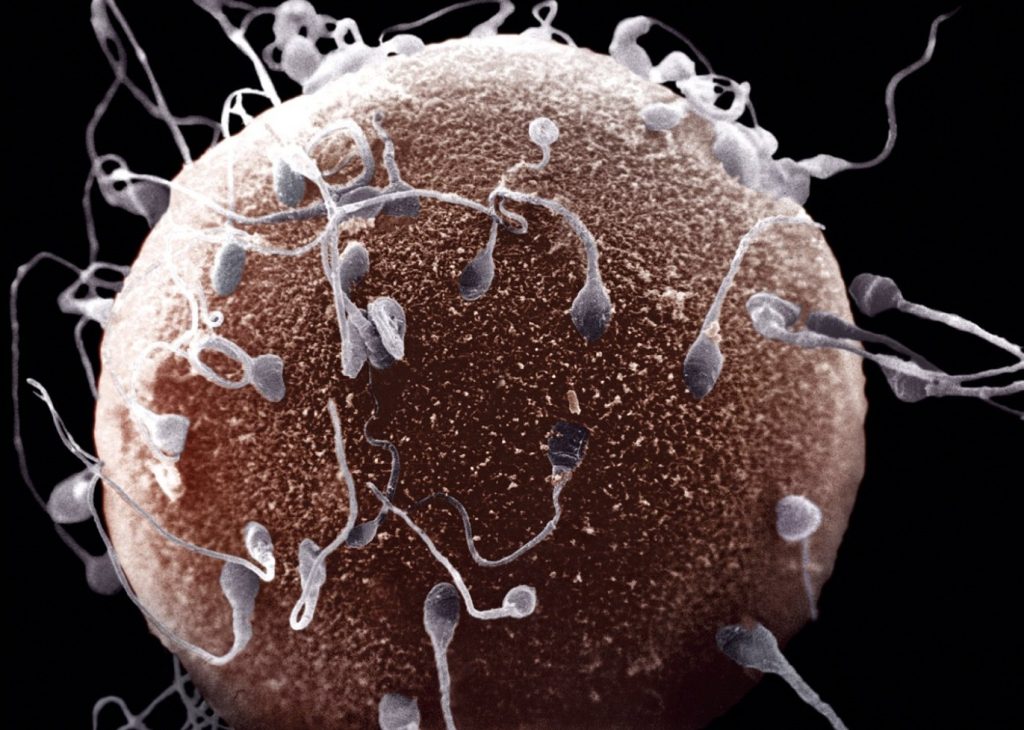HOW LONG DOES A SPERM LIVE?

HOW-LONG-DOES-A-SPERM-LIVE
Contents
HOW LONG DOES A SPERM LIVE?
Before answering how long does a sperm live I would like to clear some misconceptions regarding sperm and semen. No, they are not the same thing, and now I would tell you the difference between the two
SPERM AND SEMEN
SPERM

Sperm is what comes naturally to mind when we are trying to conceive. They look like little tadpoles, with tales that help them move forward towards the fallopian tube where it infuses with an egg. An average male produces an astounding 1,500 sperm per second, yes that’s right. However, it takes around three months for the sperm to mature completely. On an average ejaculation, the sperm count can be between 280-500 million or higher. It may look like it gives sperm pretty good odds, but let’s not get into that obstacle now. There are few Habits That Leading To Lower Sperm Count.
SEMEN

Semen is that nourishing fluid that protects the sperm before it enters into the cervix. It is made of different components that provide an alkaline surrounding that allows the sperm to compensate the acidic environment of the vagina. It isn’t for semen; sperm would have no chance at formation. As soon as the sperm is out of the body, semen get gel up a bit which helps it to travel towards the fallopian tubes. After 20-30 minutes of ejaculation, the semen becomes thin and usually seeps out of the vagina.
HOW LONG DOES A SPERM LIVE?

You will find many answers to this question. However, the bottom line is, Sperm can survive as little as 1 hour or as long as 6 days- it is all up to the environment inside the vagina. When the sperm is outside the vagina, it can only live until it dries. However, inside the vagina, sperm life span is hugely dependent on the vagina, uterus, and fallopian tube. If there are no fertile cervical fluids, the sperm will not live more than a few hours. As the vagina has a very acidic environment sperm needs fertile cervical fluids to survive. The fertile cervical fluids help the sperm to travel easily through the cervix and uterus and finally enter the fallopian tubes.
Unlike the vagina, uterus and cervix, the fallopian tubes are bit more welcoming. If the sperm can get through the uterus and enter the fallopian tubes, it can live for up to five days.








